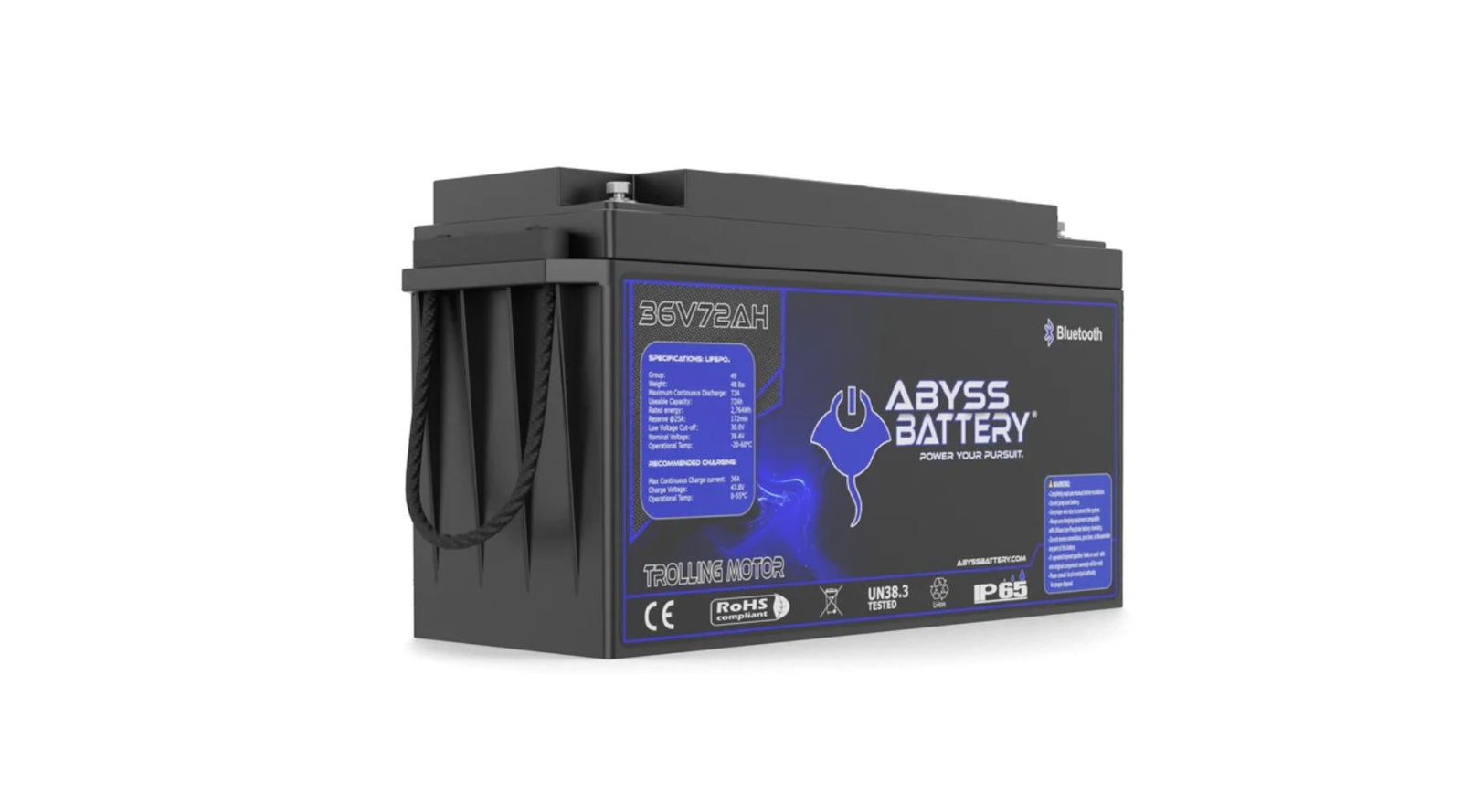Lithium-Ion vs. LiFePO4 Marine Batteries: Which to Choose?

Boating is a thrilling hobby that lets you venture out into open waters, explore new territories, and get lost in nature. However, it also involves ensuring all equipment and supplies work correctly, including keeping your boat battery charged and ready for use.
Marine batteries are essential to any boating trip, with lithium-ion (Li-ion) and lithium iron phosphate (LiFePO4) batteries serving as two of the most popular choices for boat owners. Here, we'll compare lithium-ion vs. LiFePO4 marine batteries to help you choose the best option for your boating needs.
Capacity and Voltage
Some of the primary differences between Li-ion and LiFePO4 batteries are their capacity and voltage. Lithium marine batteries have higher energy density and voltage output, which makes them considerably lighter and more compact than LiFePO4 batteries, with a capacity varying between 100–300 volts. LiFePO4 batteries, on the other hand, come with a larger, blocky design and are rated at a low voltage output, ranging from 12–24 volts.
Cycle Lifespan
LiFePO4 batteries have longer life cycles than Li-ion batteries and can last between 2,000 and 5,000 cycles. In contrast, Li-ion batteries have a shorter lifespan, lasting between 500 and 1,000 cycles. Due to the lifetime, LiFePO4 batteries are more expensive than Li-ion batteries.
Temperature Range
A significant consideration for boat owners is the temperature range in which the marine batteries can function correctly. LiFePO4 batteries operate smoothly in colder conditions, between -20 to 60 degrees Celsius. On the other hand, Li-ion batteries cannot handle extreme temperatures and must be kept within a particular range to work at optimal levels.
Safety Considerations
LiFePO4 batteries are more resistant to thermal and mechanical shocks and offer more stability than Li-ion batteries. Overcharging a Li-ion battery can cause thermal runaway, leading to a fire or an explosion. Additionally, their lightweight and compact nature makes them more prone to accidental damage when compared to the LiFePO4 battery.
Cost
When it comes to the cost of marine batteries, LiFePO4 batteries are pricier than Li-ion batteries due to their high cycle life and reliability. However, due to their unique design and construction, they offer a more stable, safer, and longer-lasting energy storage solution than Li-ion batteries.
Knowing the Difference Is Key
When deciding between lithium-ion vs. LiFePO4 marine batteries, knowing which to choose often depends on your budget, environment, and safety concerns. If you're looking for a lightweight, compact, and affordable battery for your boat, a Li-ion battery is an excellent option. On the other hand, if you're searching for a reliable, safe, long-lasting, and more expensive battery, a LiFePO4 battery is the way to go. Regardless of the battery, always prioritize your safety and consult a professional before making a decision.


Leave a comment